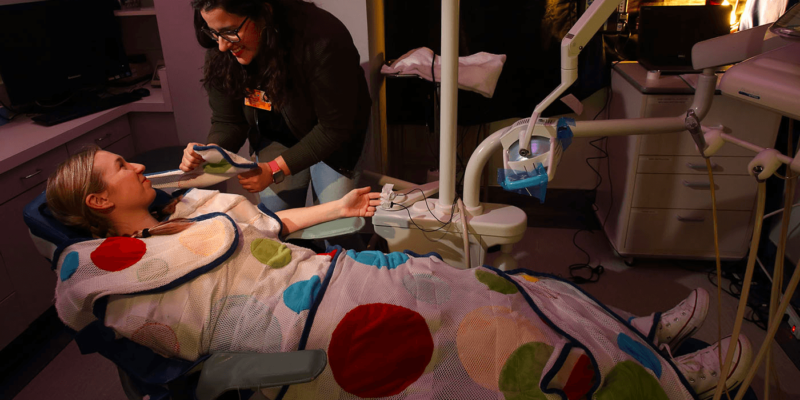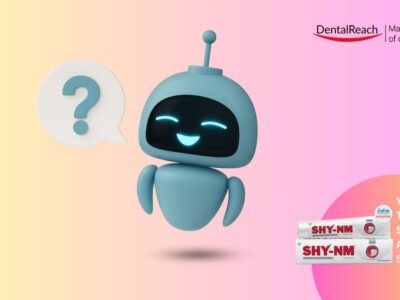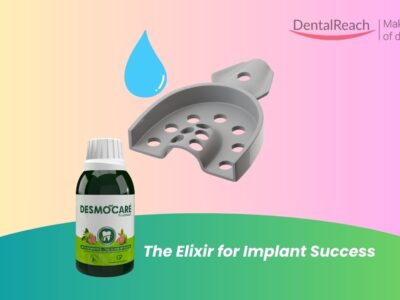Sensory-Adapted Dental Rooms Alleviate Stress in Children with Autism, USC Study Finds
Groundbreaking research conducted at the University of Southern California has demonstrated the remarkable benefits of sensory-adapted dental rooms in reducing stress levels among children with autism during oral care procedures.

The study involved children with autism who underwent dental cleanings in both a standard clinical environment and a specially adapted setting designed to cater to their sensory needs.
In the sensory-adapted rooms, dentists utilized surgical loupes equipped with attached lamps, creating a focused and illuminated space. Blackout curtains were employed to eliminate external distractions, while a captivating visual display, offering a choice between a tranquil 'Finding Nemo' underwater scene or soothing abstract colors resembling a lava lamp, adorned the ceiling.
To further create a calming atmosphere, a portable speaker played gentle nature sounds and soft piano music in the background. The child's comfort was prioritized with the use of a traditional lead X-ray bib placed on their chest, along with a "butterfly" wrap securing the dental chair, providing a soothing deep pressure hugging sensation from shoulder to ankle. This deep pressure input has been shown to have a calming effect on the nervous system.
During the procedure, electrodes were carefully attached to the child's fingers to measure electrodermal activity, a physiological indicator of sympathetic nervous system activation, akin to the well-known fight-or-flight response. The research team also closely observed the frequency and duration of distressed behaviors displayed by the children.

The results were astounding. The data revealed that upon entering the adapted dental cleaning room, children experienced an immediate decrease in physiological stress levels even before the cleaning commenced. Furthermore, the level of physiological stress measured prior to the cleaning proved to be a reliable predictor of behavioral distress exhibited during the procedure.
These findings have far-reaching implications for dental professionals and caregivers of children with autism. By creating sensory-adapted environments that account for their unique needs, dental clinics can alleviate the distress often associated with oral care experiences, ultimately fostering a more positive and comfortable dental visit for children with autism.
The University of Southern California study sheds new light on the importance of tailored dental settings and paves the way for future advancements in promoting inclusive and accessible dental care for individuals with autism.




















Comments